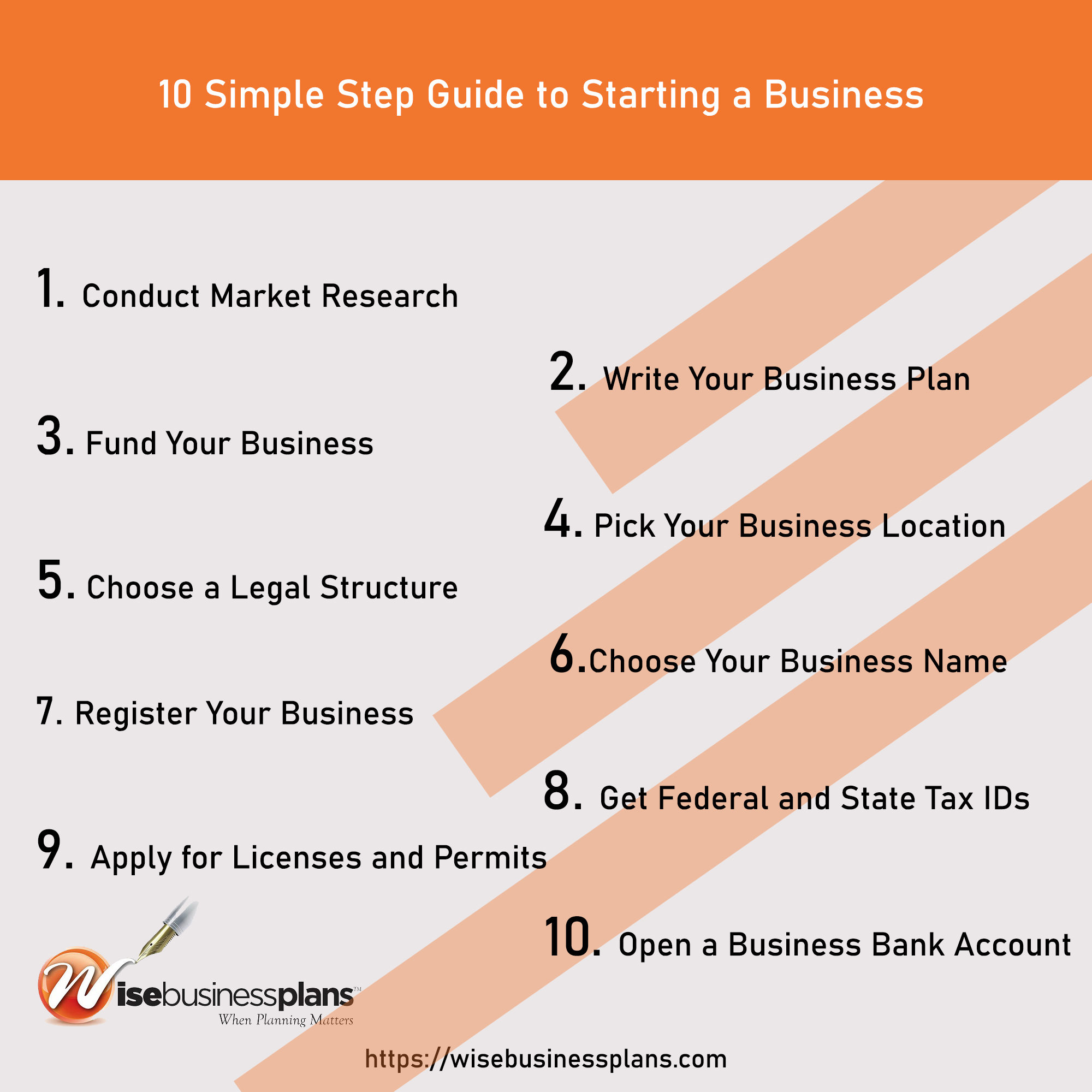List Of Things Needed To Start A Business
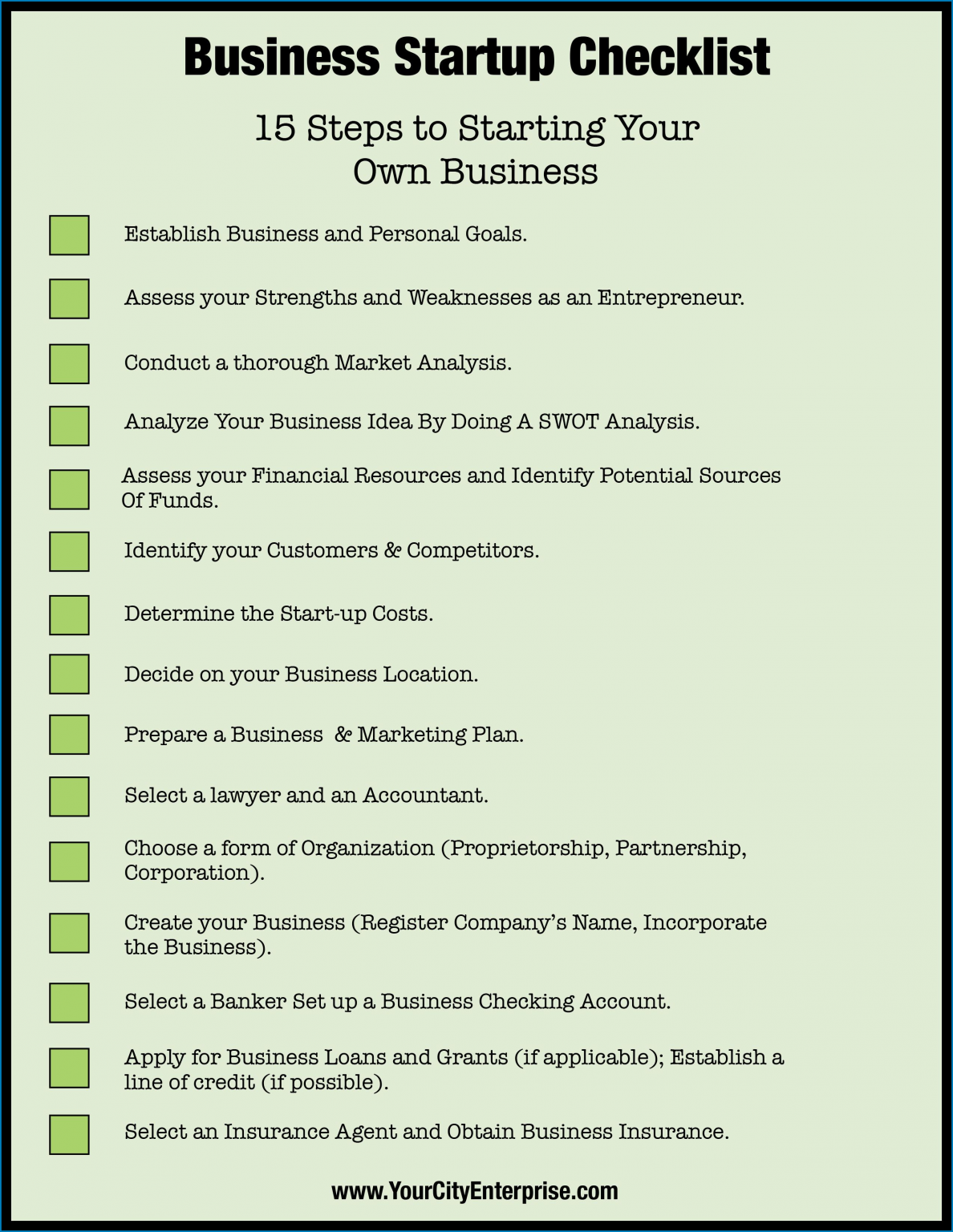
Time is running out for aspiring entrepreneurs. Launching your business requires immediate action and preparedness.
This urgent guide outlines the critical elements you *must* have in place to transition from idea to reality, focusing on actionable steps you can take right now.
Essential Foundations: Legal & Financial
First, legally register your business. Choose your structure (sole proprietorship, LLC, etc.) and obtain the necessary licenses and permits. This protects you and ensures compliance. Ignoring this will lead to major problems later.
Next, secure funding. Seed funding can come from personal savings, loans, or investors. According to a recent *Small Business Administration (SBA)* report, most startups fail due to undercapitalization. Ensure you have sufficient capital to operate for at least six months.
Open a dedicated business bank account. This separates personal and business finances, crucial for accounting and legal reasons. This simplifies tax season and builds credibility.
Market Research & Business Plan
Conduct thorough market research. Identify your target audience, assess your competition, and validate your business idea. Without this, you're flying blind.
Develop a comprehensive business plan. This document outlines your business goals, strategies, and financial projections. Investors will want to see it. It serves as a roadmap for your business and helps you stay on track.
Include a detailed marketing plan. How will you reach your target audience? What marketing channels will you use? Outline a strategy with measurable goals. Understand that marketing is crucial to finding customers, so invest time and money wisely.
Operational Requirements
Secure a suitable business location (physical or virtual). Consider factors like cost, accessibility, and zoning regulations. Depending on your business, this can be a major hurdle.
Acquire necessary equipment and supplies. This could range from computers and office furniture to specialized machinery. Don't overspend, but don't skimp on quality, either.
Establish efficient accounting and bookkeeping systems. Track your income and expenses diligently. Consider hiring a professional accountant or using accounting software.
Building Your Team
Hire qualified employees (if needed). Create clear job descriptions and offer competitive salaries and benefits. Finding the right people can be your greatest asset. Employee retention will be important.
Develop a strong company culture. This will attract and retain talented employees. A positive work environment is essential for productivity and morale.
Seek mentorship and advice from experienced entrepreneurs. Learn from their mistakes and successes. The SBA offers resources and mentorship programs.
Technology & Online Presence
Create a professional website and social media presence. This is your digital storefront. Ensure it is user-friendly and mobile-optimized.
Implement cybersecurity measures to protect your data and customer information. Data breaches can be devastating for a small business. Invest in strong passwords and security software.
Choose the right software and technology tools to streamline your operations. This could include CRM software, project management tools, and email marketing platforms. Technology can improve efficiency.
Insurance & Risk Management
Obtain adequate business insurance coverage. This protects you from liability and financial losses. Consult with an insurance broker to determine your needs.
Develop a risk management plan to identify and mitigate potential threats to your business. Consider factors like natural disasters, economic downturns, and competition. Prepare for the unexpected.
Stay compliant with all relevant laws and regulations. This includes employment laws, consumer protection laws, and industry-specific regulations. Ignorance is not an excuse.
What's Next
Starting a business is a marathon, not a sprint. Continuously evaluate your progress, adapt to changing market conditions, and seek feedback from customers and mentors.
Regularly review and update your business plan. This is a living document. Your business environment won't be static, so your business plan needs to be fluid.
Stay informed about industry trends and emerging technologies. This will help you stay ahead of the competition. The market is always evolving.


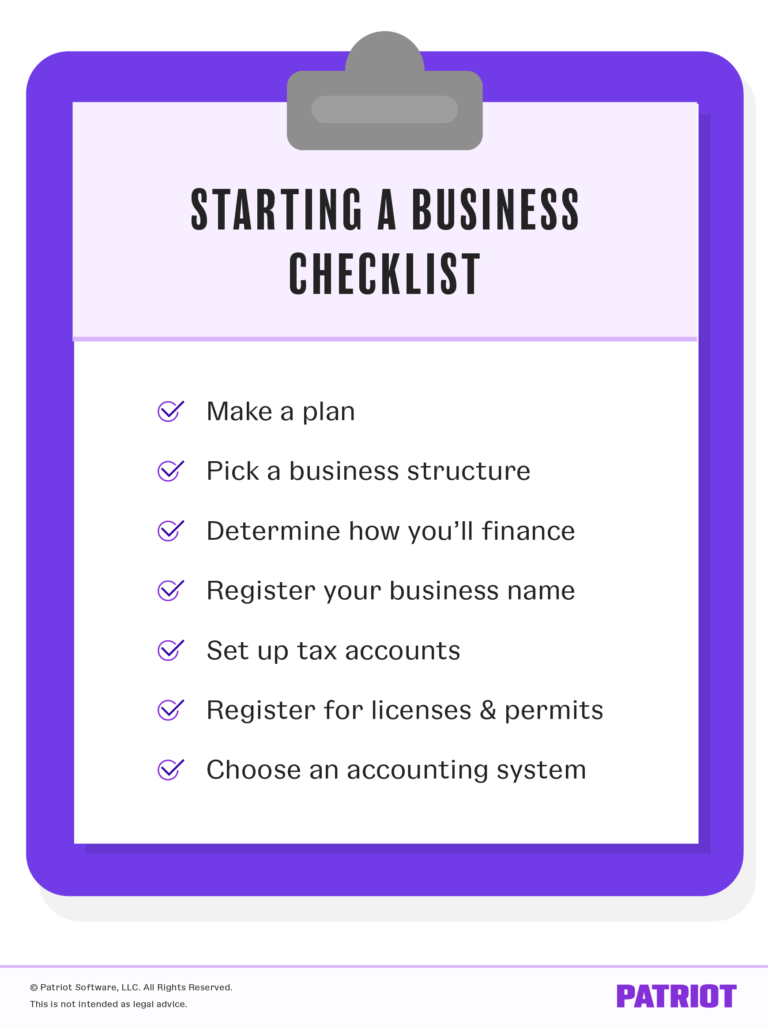

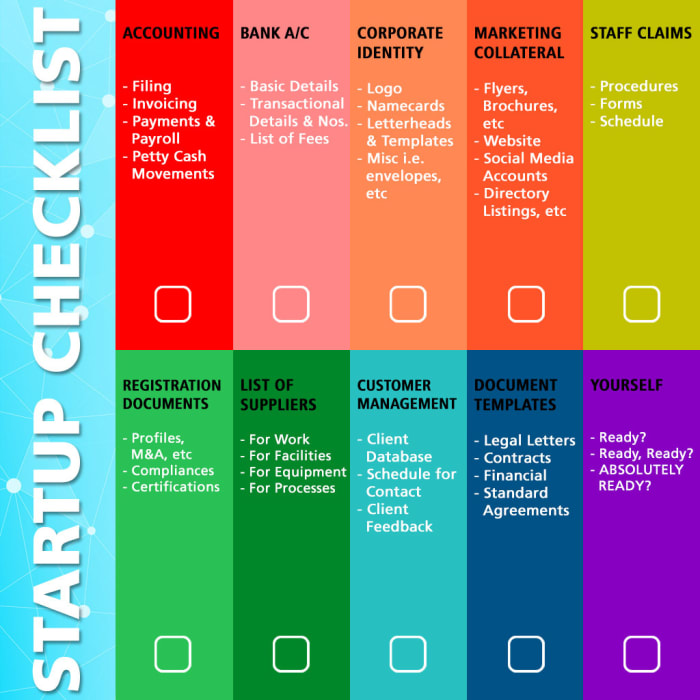
![List Of Things Needed To Start A Business FREE Business Start-up Checklist [ With 15+ Samples ]](https://images.sampletemplates.com/wp-content/uploads/2017/08/Home-Business-Startup-Checklist-.jpg)
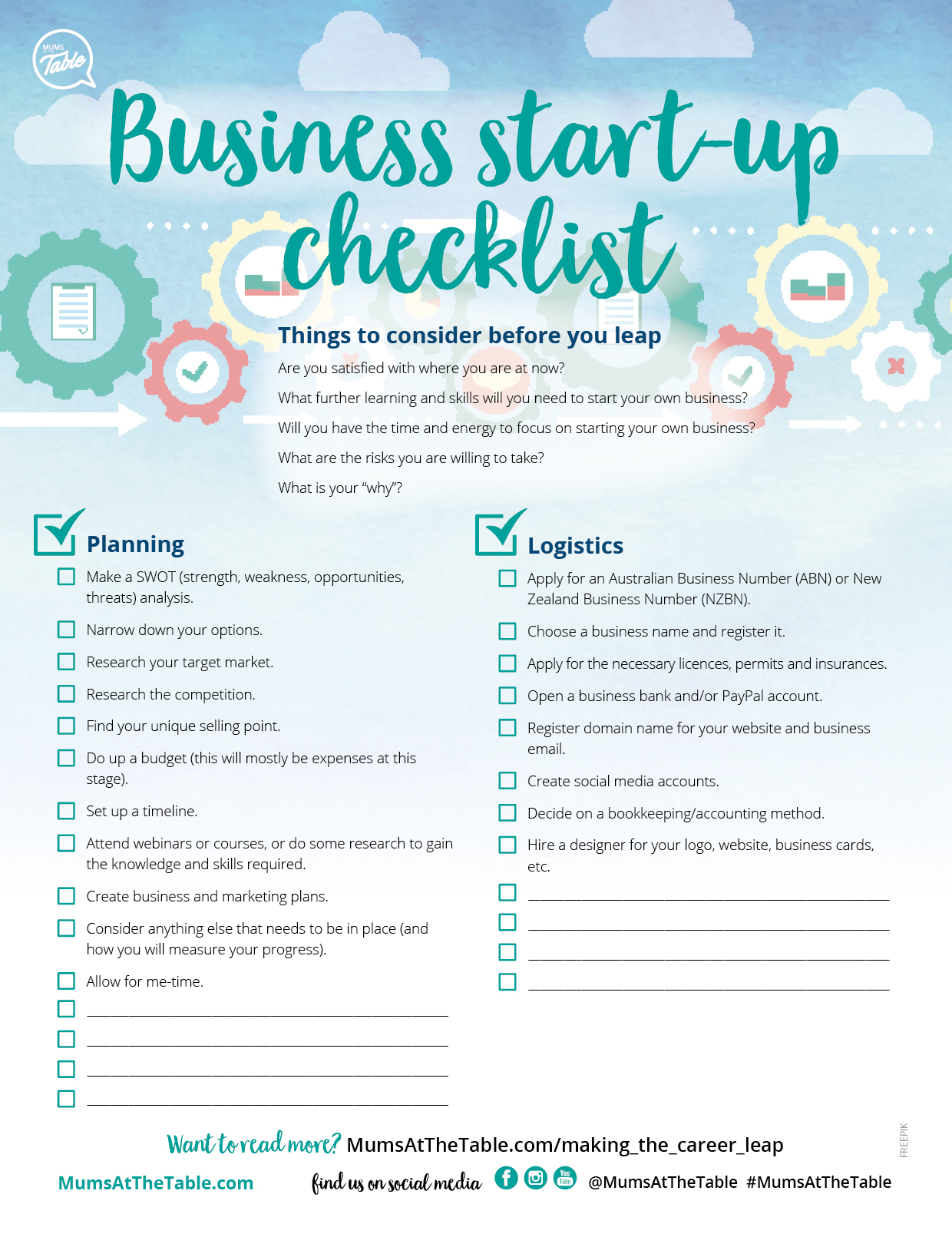

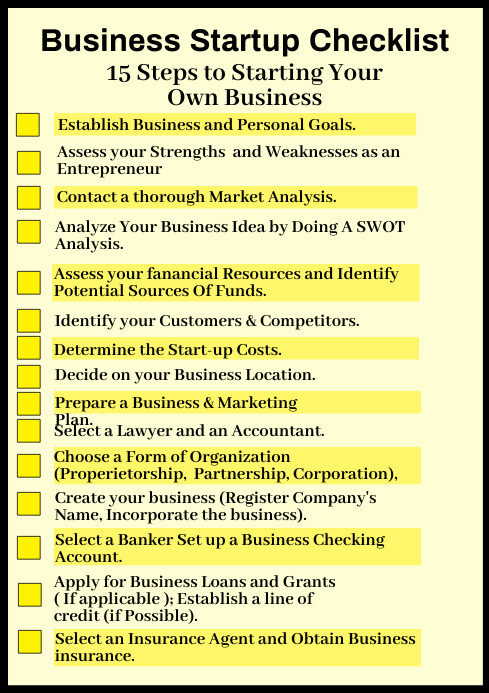




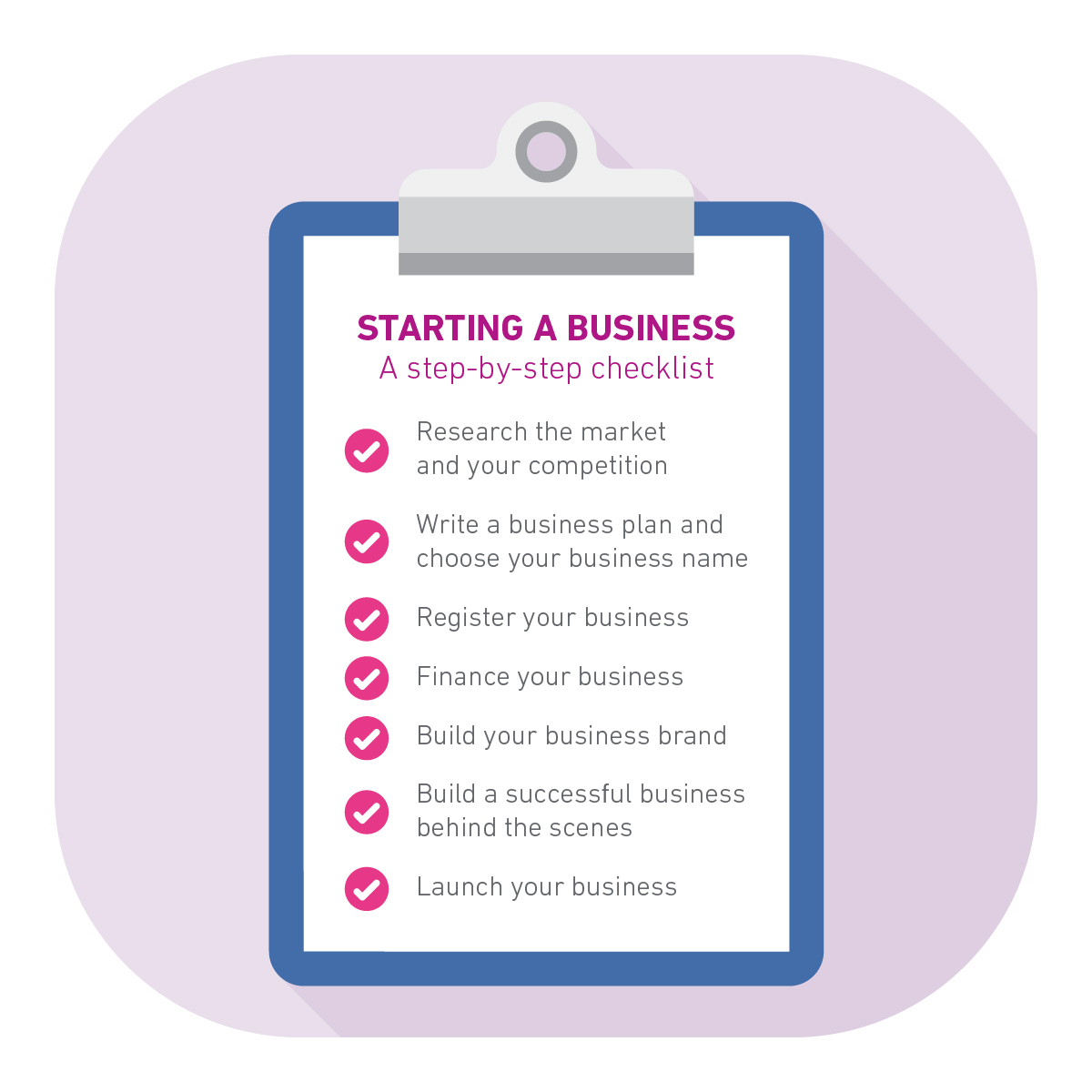
![List Of Things Needed To Start A Business FREE Business Start-up Checklist [ With 15+ Samples ]](https://images.sampletemplates.com/wp-content/uploads/2017/08/Small-Business-BC-Starting-Your-Business-Checklist.jpg)
![List Of Things Needed To Start A Business How to Start a Business: A Startup Guide for Entrepreneurs [Template]](https://blog.hubspot.com/hs-fs/hubfs/tips-for-starting-a-business.png?width=1125&name=tips-for-starting-a-business.png)

